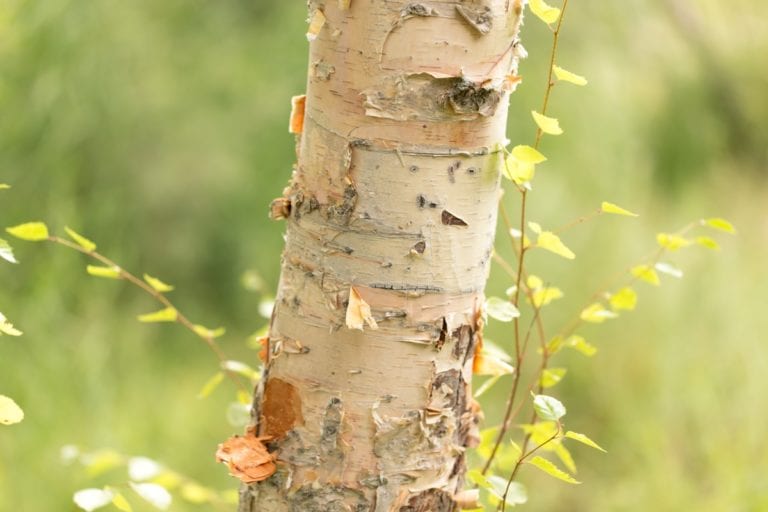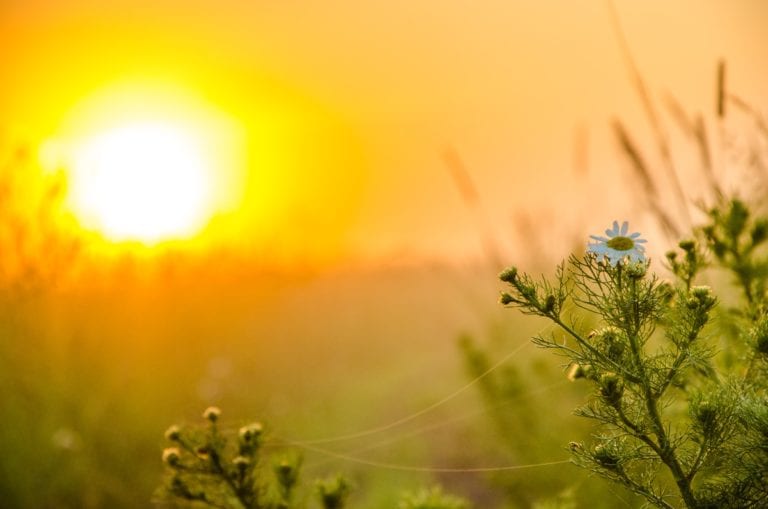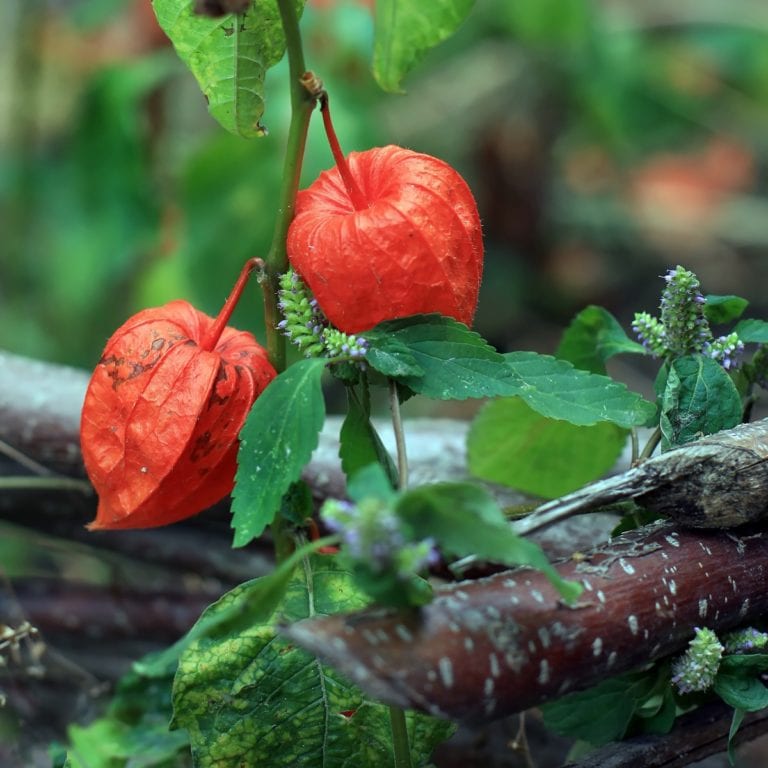
Similar Posts

767th Week: Practicing Mutual Empowerment
Listening to a cooking show on NPR this morning, there was an interview with a man who has a restaurant in Houston, TX called Underbelly Hospitality. I didn’t hear the very beginning of the interview, but the gist was that the owner/chef has a great interest in foods of every kind, from many different countries, and has spent a great deal of time with other chefs/restauranteurs in the area getting to know the in’s and out’s of their particular kinds of food, including Vietnamese and others. What struck me most powerfully is that he is a man who practices what I call “mutual empowerment”. At his restaurant, there was a time when the check for meals was accompanied by a list of other restaurants in the area where people could go, inviting them to explore how these foods tasted in various places. His goal was, and is, to share all the wonderful resources in his city and to cultivate his close relationships with other chefs in the city.
I’ve written before about the power dynamics of “power-over” and those of “mutual empowerment.” In the “power-over” model, there are only two positions: who’s on top and who’s on the bottom, who has power and who is over-powered. We see this kind of power relationship in many countries in the world right now, including the United States. In the “power-over” model, only a relatively few people are granted the privilege to have power over a vast majority of people. Many are left out…
Read More “767th Week: Practicing Mutual Empowerment”
750th Week: Generating Flexibility
Walking to work one morning, I was in an area of Central Park where dogs gather for their morning playtime. As often as possible, I walk off the pathways, so I was in the middle of the doggie play area when a dog went by whom I hadn’t seen before. Both hind legs had been amputated and he had one artificial leg in the back to accompany his two front legs. What struck me was how agile he was and how he enjoyed sniffing the ground, moving around with relative ease. His situation looked so different from the many three-legged dogs I see in the park, and I enjoyed watching him move around, nose to the ground, doing regular “dog things”.
As I watched him, I thought about the power inherent in being adaptive and flexible in the presence of life’s challenges, changing circumstances, and unexpected developments. For many of us, the immediate response to change or an unexpected challenge is to pull in and constrict. When we do this, our brain’s natural ability to generate and notice options often goes off-line, leaving us with little to no flexibility.
Read More “750th Week: Generating Flexibility”
747th Week: The Power of Fear
One of the things the Internet has given us is more access to connecting and communicating with one another. This is all to the good when the communication promotes the well-being of everyone. It becomes a problem when it allows people to feed their fears. We see this phenomenon around the world in those groups that seek to oppress or eliminate other groups of people who may be different from them or in some way represent a threat.
As a trauma specialist, this got me to thinking about how important it is to be conscious of our fears and to cultivate ways to become even more conscious of, meet, and process this powerful emotion. So much of what creates division and conflict among human beings—be they in a one-on-one relationship, a family, a community, a country—is the presence of underlying, and often unrecognized or disowned, fear.
For this week’s practice, I’d like to offer a practice that can be helpful in recognizing and dealing with the presence of fear. Fear isn’t an emotion we can eliminate because it’s an important survival response that we need throughout life. It’s essential that fear can motivate us to jump out of the way of a bus we hadn’t seen, or remind us not to walk down a dark alley alone in the middle of the night. The problem is that we are often afraid of things that aren’t threatening and, when we act on these kinds of fears, we often generate even more trauma in ourselves and others.
Read More “747th Week: The Power of Fear”
721st Week: Grammar Shapes Our Worldview
We know that different languages generate different world views, different ways of experiencing the world around us, and different expectations of what we can expect from our world. Several times now, I’ve run across the writings of Robin Wall Kimmerer and each time I experience her worldview I am deeply moved. She is a botanist who is also has a Potawatomi heritage and a perspective that is much more inclusive and honoring of our planet and our global family of relations with whom we share this home.
I’ve written before about Robin’s very wise and powerful sharing of the need for pronouns that are inclusive of all the life on this beautiful home we share with so many other beings. Read More “721st Week: Grammar Shapes Our Worldview”

7l7th Week: Thinking with Your Heart
Sitting in Central Park listening to early morning birdsong, surrounded by the gift of lush green and inhaling the fragrance of Locust trees laden with their summer flowers, I find myself soaking it all in with a grateful heart. With so much strife and suffering in the world, these quiet moments with nature represent a powerful gift, a time of restoration and deep nourishment.
As I sit here, my thoughts turn to a conversation I had recently with a group of colleagues. We were talking about practices that enhance a focus on heart intelligence and heart perception, and how different a heart-based orientation is when compared to experiencing the world primarily through a head, or brain-based, orientation. Read More “7l7th Week: Thinking with Your Heart”

2024 October Meditation
This month we continue with our focus on radiating love from the heart. This time, radiate love not only to yourself but also radiate universal love to the deep and creative intelligence of Nature, the creative intelligence of this magnificent planet. You can think of the being of the planet itself as Gaia, a living presence we know as Earth. Call forth the optimal earth, our earth in its optimal expression, living its optimal life. Offer Love to this planet that gives each of us life, as well as giving life to all the other beings of every kind who inhabit this beautiful planet.
Here’s the audio version of the meditation, with music:
If you’d rather do the meditation with images from nature, here’s the YouTube version: